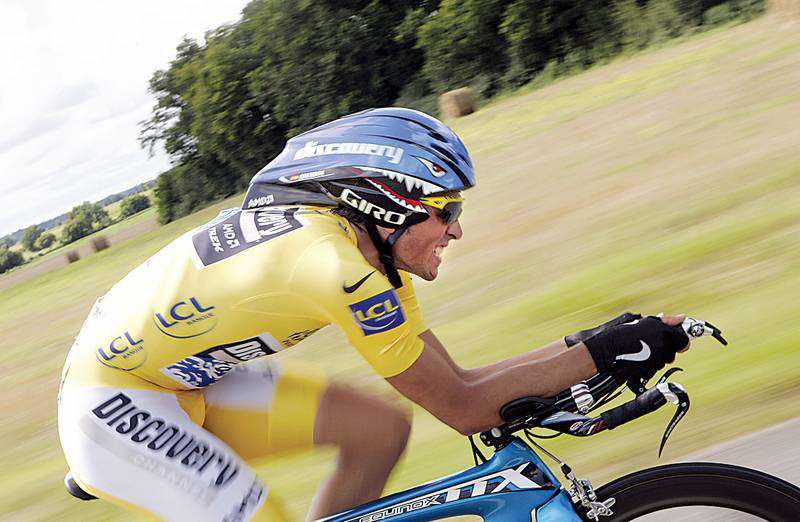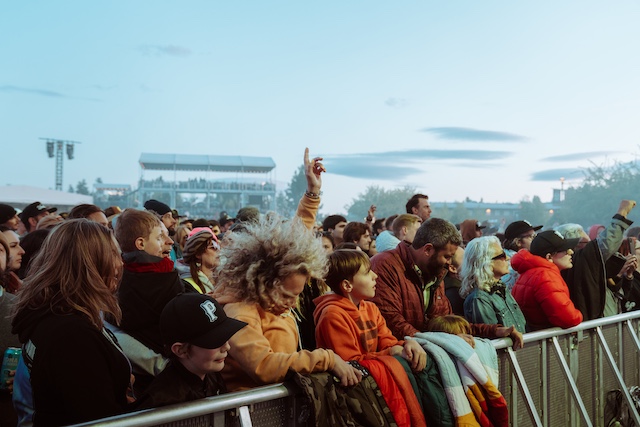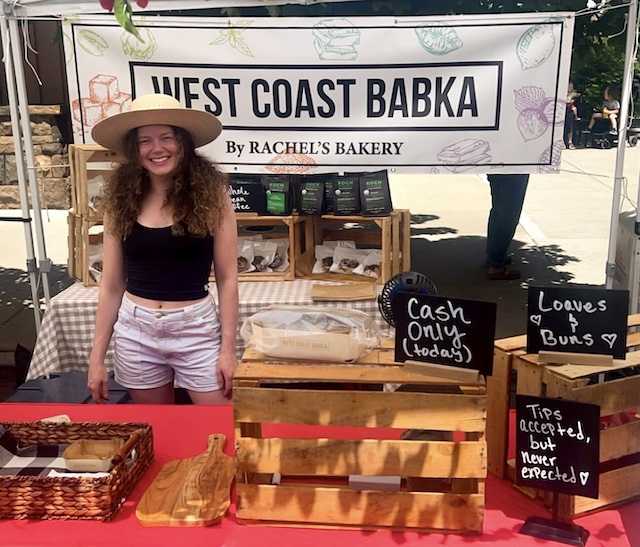Guarded Tour de France armed against doping in this year’s race
Published 5:00 am Sunday, June 29, 2008

- The winner of last year’s Tour de France, Alberto Contador of Spain, won’t defend his title because his team, Astana, was banned from the race for past doping problems.
PARIS — For a second year running, the Tour de France has no defending champion and no star. More than ever, the showcase event desperately needs a clean race following the recent doping scandals that have brought the 105-year institution to its knees.
Whether the battered Tour can get up off the canvas is as uncertain as picking the favorite, given that 2007 champ Alberto Contador, mountain expert Michael Rasmussen and former favorite Ivan Basso are not taking part. Tour organizers hope an intense cleanup operation will help avoid a major doping scandal during the July 5-27 race.
“There is a real change in mentality within the teams, the riders, to ensure that cycling recovers its credibility,” Tour race director Christian Prudhomme said. “Cycling is judged over three weeks in July. I hope everyone has this in mind. Without doubt, it’s an important year for the image of cycling.”
Australia’s Cadel Evans, runner-up last year, and Alejandro Valverde of Spain, winner of the prestigious pre-Tour tuneup at the Dauphine Libere earlier this month, will be eyeing the famed yellow jersey.
But neither has star power.
“Without the favorites from other years, it’s going to put a lot more pressure and stress on those guys for sure,” Team CSC sprinter Stuart O’Grady, a 34-year-old Australian who has missed only one Tour since 1997, told The Associated Press by telephone on Friday.
In a development that could overshadow a star-starved race, cycling’s governing body, the UCI, will not help with doping tests at the Tour because of a widening rift in the sport.
The UCI and organizers of cycling’s three big events — the Tour, Vuelta and Giro — have locked horns for years about how the sport should be governed.
The feud reached a new height in March, when the Tour’s organizer, the Amaury Sport Organization, ran the Paris-Nice race under its own laws and the UCI responded by suspending the French cycling federation for backing the ASO.
UCI president Pat McQuaid suspects ASO of harboring desires to establish a private cycling league. Prudhomme denies this. But the family owned ASO, which also owns the Tour of Burkina Faso, is expanding its empire overseas. It recently signed a marketing agreement with Tour of California owners Anschutz Entertainment Group.
The Tour seems far removed from the glory days between 1999 and 2005 when it had thrilling rivalries between seven-time champion Lance Armstrong and his challengers: 1997 winner Jan Ullrich, 1998 champ Marco Pantani and Basso, the 2005 runner-up.
Following Armstrong’s retirement three years ago, the path was cleared for a new star to emerge.
But the fight against doping took center stage. Ullrich and Basso were disgraced by drug investigations. Floyd Landis — Armstrong’s former teammate — was stripped of his 2006 Tour crown because of a positive test for testosterone.
Rasmussen was kicked out while leading near the end of last year’s race after it emerged that he had lied about his whereabouts when he skipped pre-competition doping tests.
Contador’s mistake was joining a team, Astana, that Tour organizers banned this year because of doping problems in 2006 and 2007.
“There was a recurring problem with the Astana team. It’s not him who’s in question,” Prudhomme said.
Contador won the Tour of Italy earlier this year. His sights are now set on winning the Tour of Spain later this year, and long term in France many more times.
“At first it was a big blow for my morale, because I have been to bed and woken up thinking about the Tour de France since I won it last year,” Contador wrote to The AP in an e-mail. “But now, I have turned the page. And from now on, I will have my mind set on the Tour de France of 2009.”
The decision by Tour organizer ASO to kick out Astana reflects a zero-tolerance approach.
The relative lull in scandals after the Festina team was ejected in 1998 ended with the last of Armstrong’s wins in 2005.
Now, trust has gone and ASO is doing everything to guard against a third consecutive Tour de farce.
ASO barred sprint ace Tom Boonen because he tested positive for cocaine. Boonen, the world champion in 2005, earned the green jersey as best sprinter after winning two stages in last year’s Tour.
For the first time at the Tour, tests will be conducted for human growth hormone, which illegally aids recovery and stamina, and has a detection window of less than 72 hours.
The French Anti-Doping Agency is stepping up random tests. It is also working with the World Anti-Doping agency, a lab in Lausanne, Switzerland, that will deliver growth hormone test results within 24 hours, and Italy’s Olympic Committee.
“It’s very important to have international cooperation,” French anti-doping chief Pierre Bordry told The AP. “We are in a national competition, but one which has a major importance in the fight against doping.”
Last year, cheats were not dissuaded, and Contador won the race amid chaos.
He had trailed Rasmussen by more than three minutes after the final mountain stage on July 25. The race looked over.
Then, late that night, the Danish rider was removed by his own Rabobank team for lying about his whereabouts when he missed pre-race drug tests. The previous day the Tour had been knocked sideways when Alexandre Vinokourov, Astana’s star rider, tested positive for a blood transfusion after winning the stage 13 time trial.
The Kazakh had ridden with stitches on his knees after an early crash.
That stirring show of determination won the hearts of fans and had echoes of Landis’ astonishing ride through adversity in 2006, when the American erased a huge overnight deficit to Oscar Pereiro and took control of the race during a stage run under a blistering sun.
Such fairy tales once reflected the Tour’s romance — now they merely raise suspicions.
“We paid the price to find that out,” Prudhomme said.






